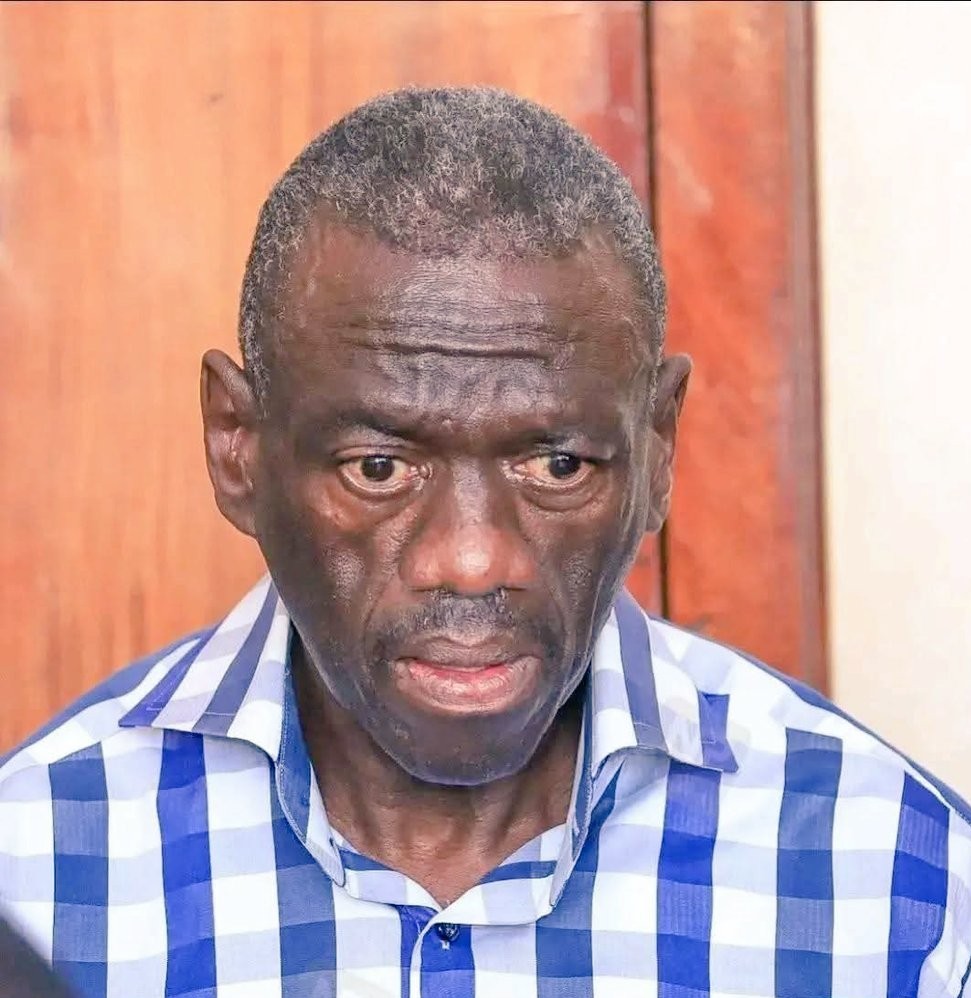The recent decision by the U.S. government to freeze and potentially halt funding from the United States Agency for International Development (USAID) has sent shockwaves through Uganda and across the African continent, with profound implications for health sectors that are heavily reliant on this support. This article delves into the multifaceted effects of this closure, particularly on Uganda’s health system and its echoing repercussions throughout Africa.
Uganda’s Health Sector in Crisis
In Uganda, USAID has been a cornerstone of health initiatives, funding critical programs that address HIV/AIDS, tuberculosis, malaria, and maternal and child health. With approximately 1.4 million people living with HIV/AIDS in Uganda, USAID’s support, particularly through the President’s Emergency Plan for Aids Relief (PEPFAR), has been instrumental. The agency’s contributions account for around 60% of the spending on Uganda’s HIV/AIDS program, with an additional 20% from the Global Fund, which is partly funded by USAID.
- HIV/AIDS Programs: The sudden cessation of USAID funding has led to a dire situation where HIV clinics are scrambling for new drug sources, potentially leading to treatment interruptions, increased drug resistance, and a rise in new infections. The ripple effect has seen thousands of healthcare workers furloughed, with many HIV clinics closing or operating with limited capacity.
- Other Health Services: Beyond HIV, USAID’s support extended to immunization drives, malaria and TB control, and maternal health. The freeze has disrupted supplies of vaccines and essential medicines, potentially leading to a resurgence of preventable diseases. Maternal and child health services are equally affected, with fears of rising maternal mortality rates due to restricted access to care.
- Economic Impact: The health sector’s turmoil extends beyond immediate health concerns to economic impacts. Contractors and NGOs dependent on USAID funding have laid off staff, affecting not just health workers but also ancillary businesses like pharmacies, clinics, and even local economies around these institutions.
Broader Implications for Africa
The USAID funding cut is not an isolated incident for Uganda but a signal of potential turmoil across Africa:
- Dependency on Aid: Many African countries, including Nigeria, Mozambique, Tanzania, South Africa, Kenya, Zambia, and the Democratic Republic of Congo, are among the top recipients of USAID aid. This dependency has left these nations vulnerable, with health systems at risk of collapse without alternative funding sources or strategies for self-sufficiency.
- Public Health Security: The withdrawal of funds threatens ongoing public health initiatives aimed at controlling major diseases like HIV, TB, and malaria. With less international support, these countries might struggle to meet global health targets, potentially reversing years of progress.
- Emergency Response: USAID has been pivotal in emergency responses to outbreaks like Ebola and Marburg. Its absence could weaken Africa’s capacity to respond to health emergencies, endangering millions of lives.
- Long-term Development: Beyond immediate health crises, USAID’s contributions to education, governance, and economic development are at stake. This holistic approach to development means that health sector setbacks could have broader implications for social stability and economic growth.
Looking Forward
The situation underscores the need for African nations to hasten their journey towards health sector autonomy. While the immediate effects are undeniably negative, this crisis might spur a reevaluation of how health systems are funded and managed:
- Local Solutions: There’s an urgent call for African countries to invest more in their health infrastructures, seeking sustainable local funding models, and perhaps leveraging public-private partnerships more effectively.
- International Support: Other global actors, including other nations, international bodies, and philanthropies, might step in to fill the void, though their capacity to match USAID’s scale remains uncertain.
- Policy Reforms: This could be an impetus for policy reforms to reduce aid dependency, focusing on building resilient health systems that can withstand such shocks.
In conclusion, while the USAID closure presents immediate challenges to Uganda and Africa, it also serves as a wake-up call for self-reliance and strategic health planning. The full impact on health outcomes and lives will only unfold over time, but what’s clear is the immediate need for action to safeguard the health of millions across the continent.






